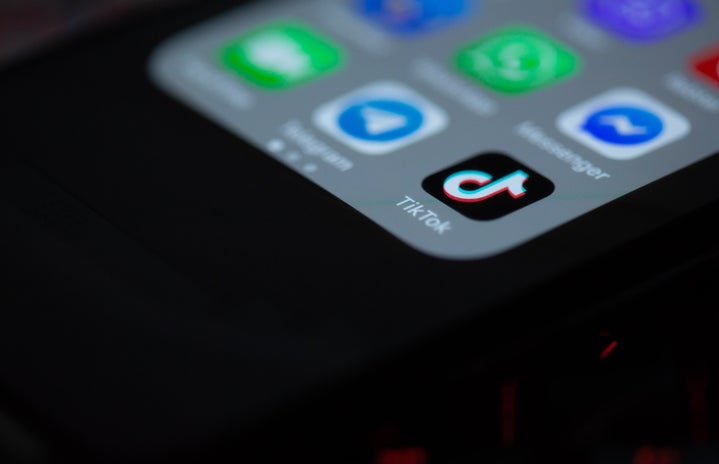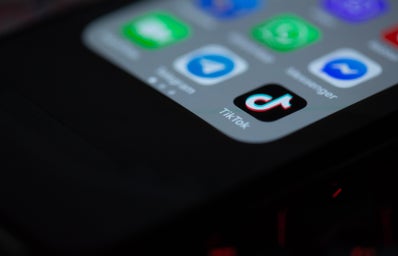I’m sure many of you reading right now can share the sentiment that social media can be incredibly toxic. It still stands, however, that we live in a society where using the various social media platforms is nearly unavoidable. Create an account or become literally disconnected and ostracized from your peers. Everyone is constantly using social media, uploading their lives with the click of a button.
Intentions are good – we want to feel unified, connected to other beings and their energy. However, social media and an almost obsession with this connectivity has become commonplace in the world today. While not harmful on their own, social media can, oh so shockingly, be a negative influence on an individual. The illusion of these platforms is that you really are experiencing a connection; in reality, you only are provided with the exact moments the owner of an account allows you to see. As a content creator, the individual has complete control to censor any less desirable moments and snapshots of their lives, typically choosing not to key in their audiences to the less desirable moments of life.
While in treatment for an eating disorder in January 2021, I realized the immense weight social media app TikTok had on me. TikTok, founded in fall of 2016 by Zhang Yiming, is one of the newest social media platforms. Account owners create short, 15- to 60-second videos, often paired with a popular audio to back the visual. TikTok quickly gained popularity, especially as a platform for comedic content amongst teenagers and young adults. However, this is of course not the only content on the app, and furthermore, a comedic element does not guarantee content is harmless.
TikTok is home, like many other platforms, to a large community of individuals affected by eating disorders. This consists of not only those in recovery, but also some who promote disordered behaviors or diets. As I focused on my recovery, I was consistently becoming triggered by content on my social media apps, especially TikTok and Instagram.
At the time, I was primarily using TikTok as a consumer, viewing the content others created. Slowly, I became comfortable with creating my own content, and really began to enjoy working on videos of my own. The transition from consumer to creator truly transformed my experience on TikTok. The app ceased to be something I looked at to view what others were doing so I could conform and stay “in the loop,” and became something I partook in purely out of my own enjoyment. I’ve always been someone who thrives when they can express creativity, and I love coming up with ideas for new videos on my account (even though I have less than 100 followers)!
Having that experience on TikTok encouraged me to take a step back and re-evaluate how I use all of my social media accounts. Rather than using them as a comparative measure between myself and other individuals, they can be used as a tool for self expression and creativity. I find myself scrolling through others’ content less, and overall devoting less time to apps. For the first time, a social media app has become a positive influence in my life, a creative outlet shared with all of my friends and family. Don’t let yourself become a secondary character in your own life, viewing and conforming to what others do. Start creating the life story you desire – or just try making a TikTok!


